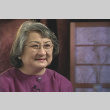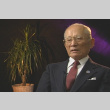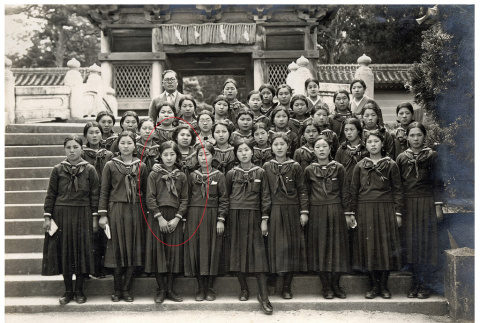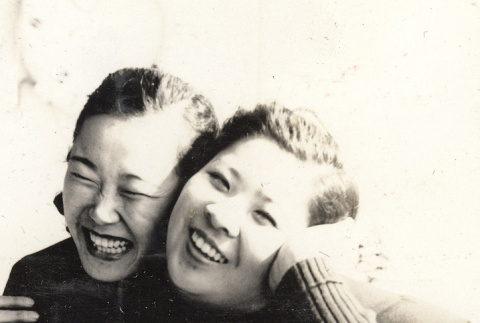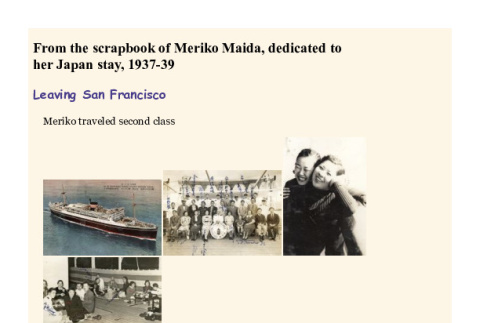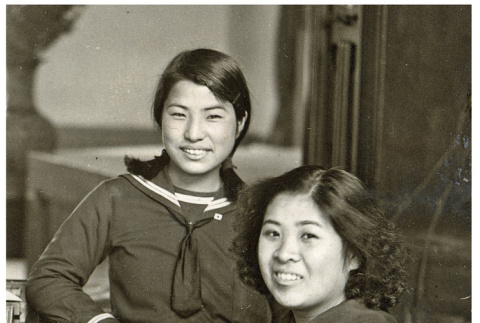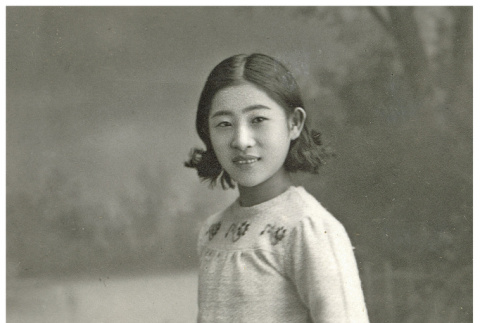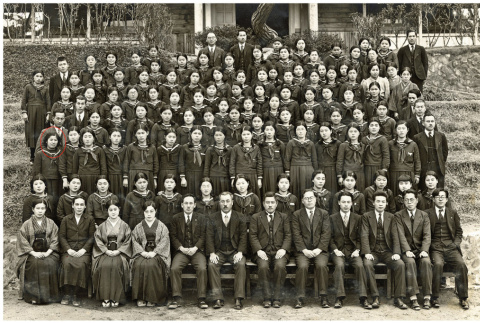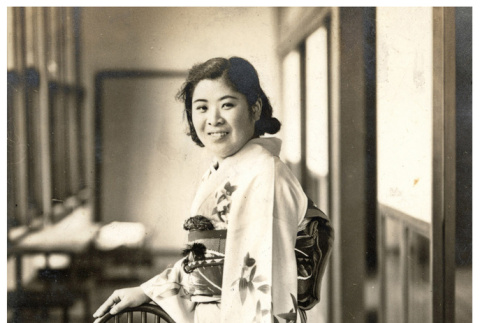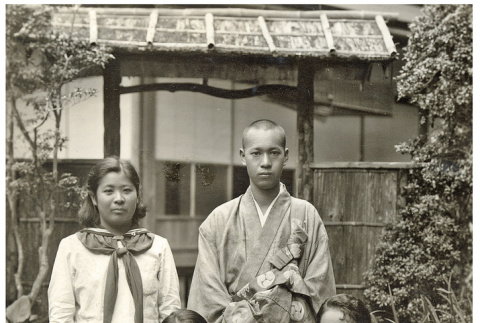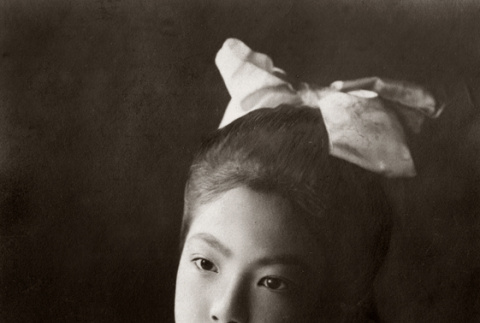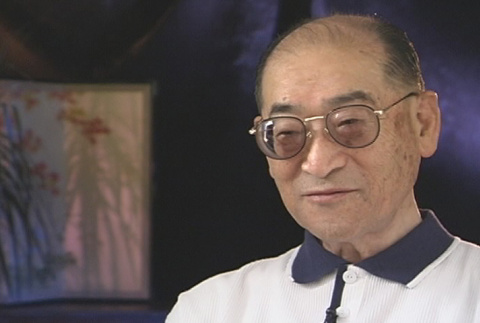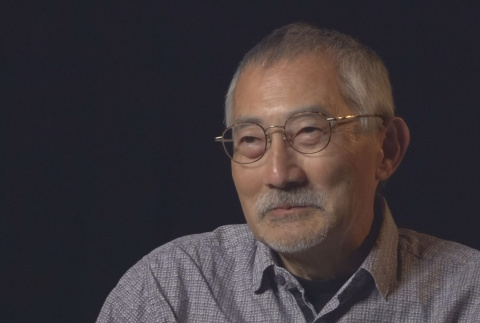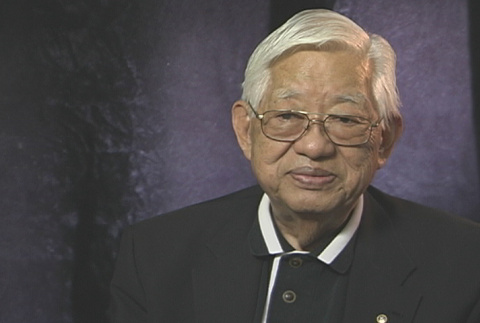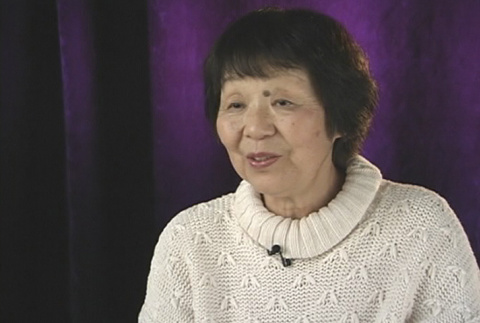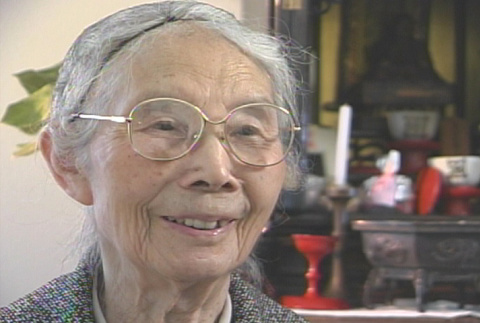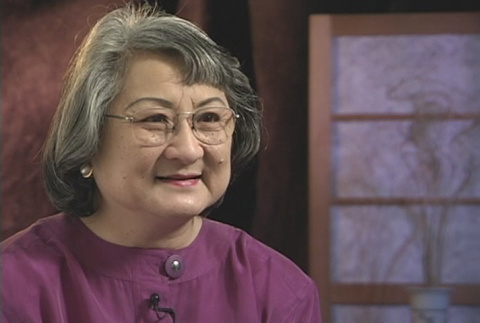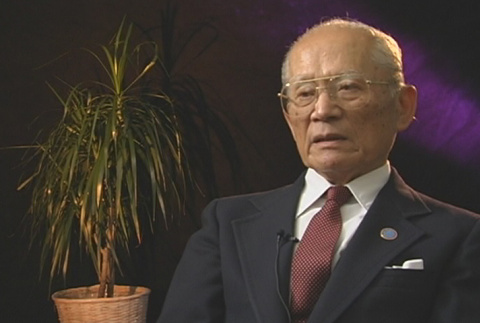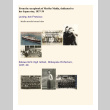Kibei
Kibei is the term for the generation of Nisei born in the U.S. but sent to Japan for education. When in Japan, the Kibei lived with grandparents or other relatives while their parents remained in the U.S. to work. Kibei often struggled to fit in both in Japan, where they were viewed as outsiders, and the U.S., where they were considered "too Japanese" by their Nisei peers. Because of their knowledge of both cultures and languages, the Kibei in particular were targeted by the government as "disloyal" during World War II. Ironically, the Kibei were heavily recruited for the Military Intelligence Service because of their linguistic abilities.
Identity and values
(202)
Kibei
(487)
Related articles from the
Densho Encyclopedia :
Harry Ueno
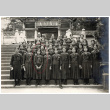
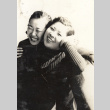
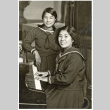
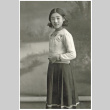
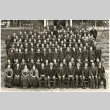
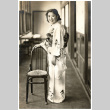
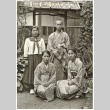
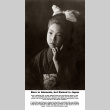
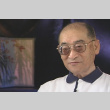

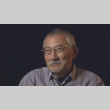
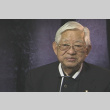
This interview was conducted as part of a project to capture stories of the Japanese American community of Spokane, Washington. Densho worked in collaboration with the Northwest Museum of Arts and Culture.
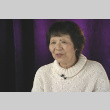








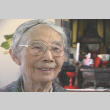
This interview was conducted in Japanese and was translated so as to convey Mrs. Terao's way of speaking as closely as possible. For example, there are instances in which she makes some grammatical errors. These mistakes are conveyed through similar grammatical …
